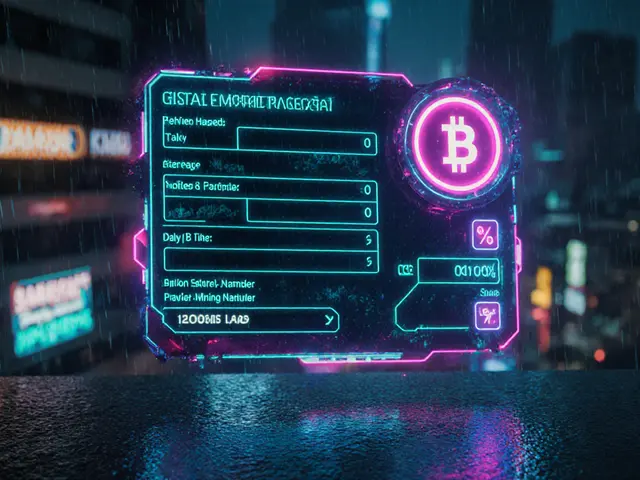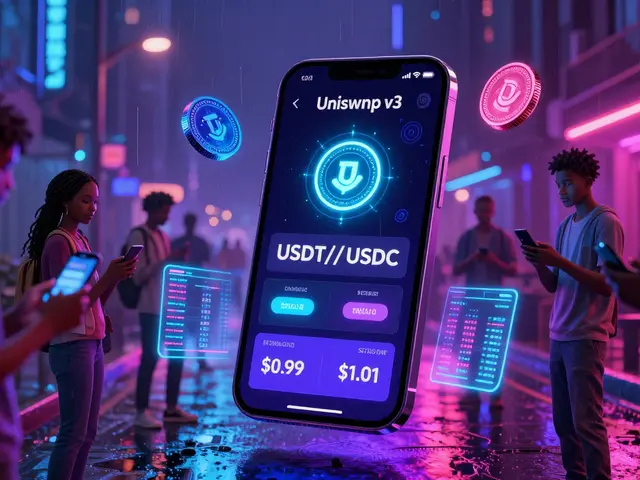AML Crypto: What It Is and Why It Matters for Every Crypto User
When you trade crypto, AML crypto, anti-money laundering rules applied to digital assets to prevent illegal funding and fraud. Also known as crypto compliance, it's the invisible system that decides whether a platform stays open or gets shut down by regulators. This isn’t about big banks or governments—it’s about whether your favorite exchange can process your deposit, if you can cash out without delays, and if that "free airdrop" you’re chasing is actually legal to claim.
AML crypto works by forcing platforms to know who you are (KYC, know your customer verification that links your identity to your crypto wallet), track where your money comes from, and flag suspicious activity. That’s why exchanges like Mercado Bitcoin and BC Bitcoin ask for ID—they’re not being nosy, they’re following the law. Meanwhile, platforms like Libre Swap and IslandSwap skip KYC entirely, which is a red flag. No verification? No audits? That’s not innovation—it’s a setup for being frozen or seized by authorities.
And it’s not just about exchanges. Countries like Bangladesh and Cuba have strict rules that make crypto access tricky, while Georgia and Malta have clear cryptocurrency regulations, legal frameworks that define how businesses and users can operate with digital assets. If you’re using a VPN to bypass restrictions, you’re not just avoiding censorship—you might be violating AML rules. The same goes for P2P trading: if you’re buying crypto from someone with no identity proof, you could be unknowingly helping launder money.
Scam tokens like Apple Network (ANK) and EzyStayz (EZY) don’t care about AML because they don’t plan to stick around. They vanish before regulators catch up. But real platforms—like those getting licenses in Malta or following Georgia’s banking rules—build AML into their core. That’s why they last. If you’re investing, trading, or even just claiming an airdrop, you’re part of this system. Ignoring AML doesn’t make you a rebel—it makes you a target.
Below, you’ll find real reviews of platforms that follow the rules, scams that break them, and country-specific guides that show how AML crypto plays out in practice—from Bangladesh to Brazil. No fluff. Just what you need to know to stay safe, legal, and in control.




